
How to Boil Eggs Perfectly: 4 Key Tips for Soft, Delicious, and Easy-to-Peel Eggs

Eggs are a highly nutritious, affordable, and versatile food. Among the various ways to prepare eggs, boiled and steamed eggs are the easiest to digest and absorb nutrients from. However, many people struggle with eggs that are dry, hard, or difficult to peel because of common mistakes during the boiling process. By following these four key tips, you can achieve eggs that are perfectly cooked, soft, and easy to peel every time.
1. Soak the Eggs in Water Before Boiling
Fresh eggs that have been stored for some time often lose a small amount of moisture, which can affect the texture and taste when boiled. If boiled directly, they may become dry and rubbery.
How to do it:
-
Wash the eggs thoroughly.
-
Soak them in clean water for about 10 minutes before boiling.
-
This step helps the eggs regain some moisture, ensuring a tender and flavorful result.
💡 Tip: Soaking also slightly warms the eggs, which reduces the shock when placing them in hot water and minimizes cracking.
2. Use Warm Water, Not Boiling or Cold Water
The temperature of the water plays a crucial role in achieving perfectly boiled eggs:
-
Cold water: Protein coagulation happens slowly, causing the eggs to lose water, resulting in dry and less flavorful eggs.
-
Boiling water: High heat can make the eggs bounce and collide in the pot, increasing the risk of cracking and spilling the egg white.
The right approach:
-
Use water that is around 60–70°C (140–158°F).
-
When small bubbles start to appear, gently place the eggs in the water and cover the pot.
-
This temperature range allows the egg white and yolk to set gradually, producing soft, creamy eggs without breaking the shell.
💡 Extra note: Gradual heating prevents overcooking the outer layer while allowing the yolk to reach a creamy consistency.
3. Simmer Gently During Cooking
Even when using warm water, eggs can still crack if the heat is too high.
How to do it properly:
-
Start by heating the water on medium-high until it begins to boil lightly.
-
Then reduce the heat to maintain a gentle simmer, where small bubbles rise but the water does not boil violently.
-
Boil for 8–10 minutes depending on the size of the eggs.
-
Avoid overcooking, as it causes eggs to lose moisture, develop a chalky texture, and may produce a green ring around the yolk.
💡 Extra tip: Gentle simmering also helps maintain the egg’s natural flavor and avoids toughening the proteins in the egg white.
4. Add Seasonings to the Boiling Water
Enhancing the water with a few ingredients can make your boiled eggs softer, more flavorful, and easier to peel:
-
Salt: Reacts with glutamic acid in the egg, subtly enhancing the natural flavor.
-
White vinegar: Helps soften the eggs and makes the shells easier to remove after cooking.
How to do it:
-
Add a small amount of salt and white vinegar to the water before boiling.
-
This step not only improves taste but also minimizes the risk of egg white leaking if the shell cracks slightly.
💡 Extra tip: After boiling, immediately transfer the eggs to an ice water bath for a few minutes. This stops the cooking process, prevents overcooking, and makes peeling even easier.
Bonus Tips for Perfect Boiled Eggs
-
Use eggs that are not too fresh: Slightly older eggs peel more easily than very fresh eggs.
-
Avoid overcrowding the pot: Give each egg enough space so they do not bump into each other and crack.
-
Tilt the pot gently when adding eggs: This prevents sudden shocks that can cause cracking.
-
Experiment with timing: If you prefer slightly soft yolks, reduce the cooking time by 1–2 minutes.
By following these four main tips and extra precautions, you can consistently enjoy perfectly boiled eggs—soft, flavorful, and easy to peel. Whether for breakfast, snacks, or meal prep, these simple techniques will save time, reduce frustration, and elevate your egg dishes.
💡 Remember: The key is gentle heat, proper soaking, and the right seasonings. Master these steps, and peeling your eggs will become effortless!
News in the same category

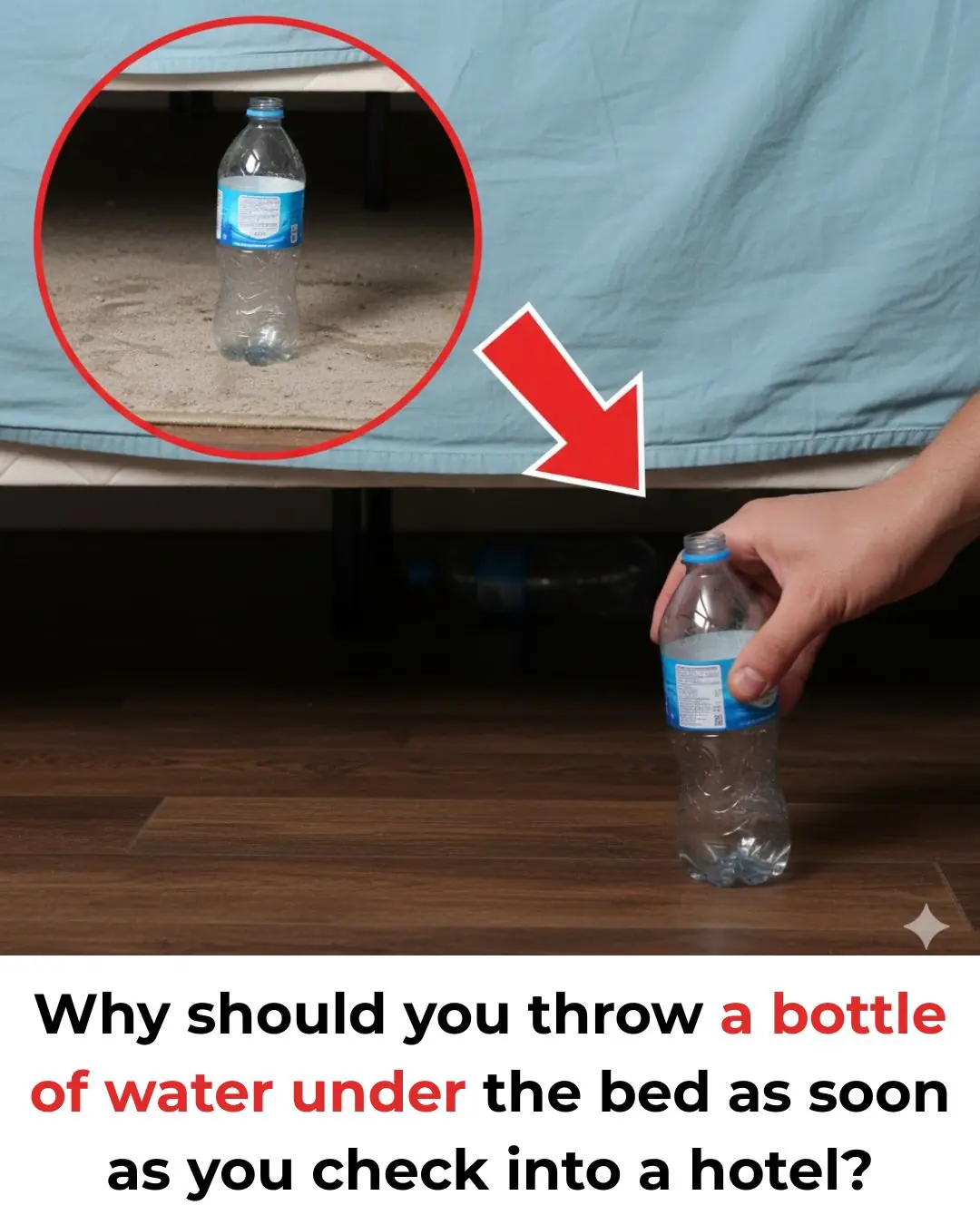
The Under-Bed Test: A Quick Trick to Ensure Your Hotel Room Is Safe and Clean

Boost Your Wi-Fi Speed with This Simple Aluminum Foil Trick

If your beef turns out tough, don’t marinate it with salt. Use this ingredient instead to make it tender and richly flavored

Secret to quickly tenderizing beef, making any dish delicious
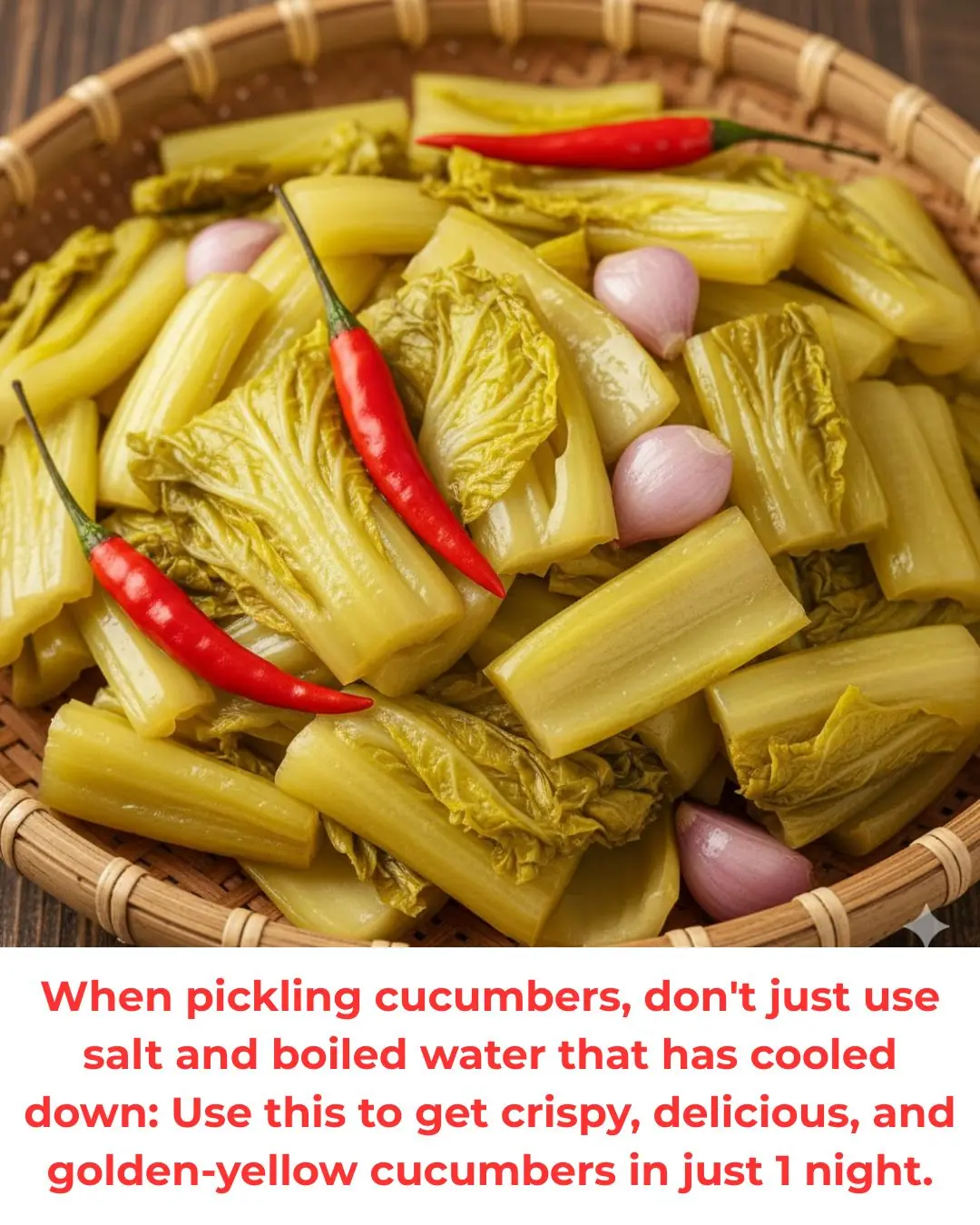
When pickling cucumbers, don't just use salt and boiled water that has cooled down: Use this to get crispy, delicious, and golden-yellow cucumbers in just 1 night.
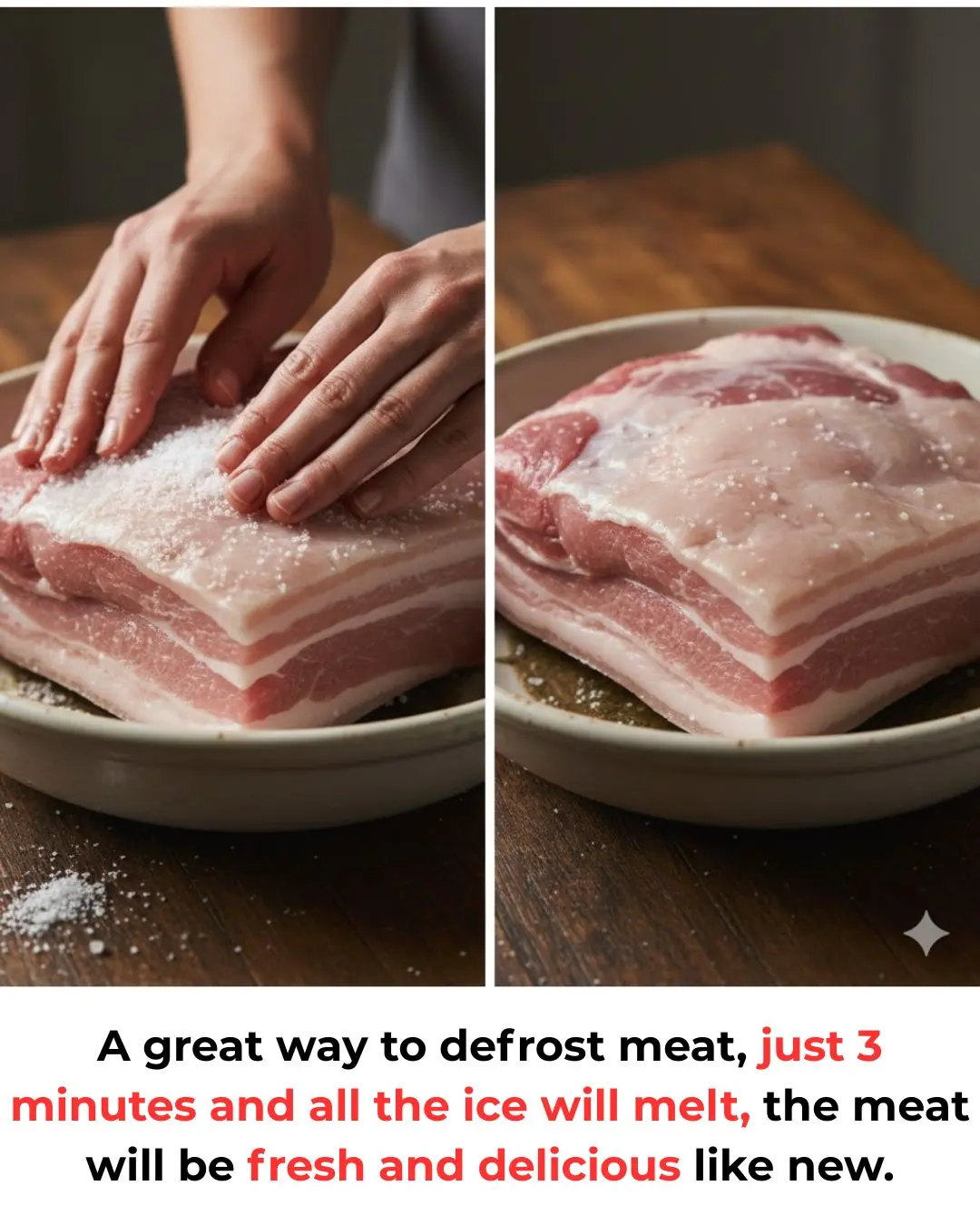
A great way to defrost meat, just 3 minutes and all the ice will melt, the meat will be fresh and delicious like new.

Stuffing orange peels into empty water bottles may seem like a waste of time, but it can save you a large amount of money every year.

When boiling duck, don't add ginger and cold water: Add this and the meat will lose all its stench, and you won't get tired of eating it.
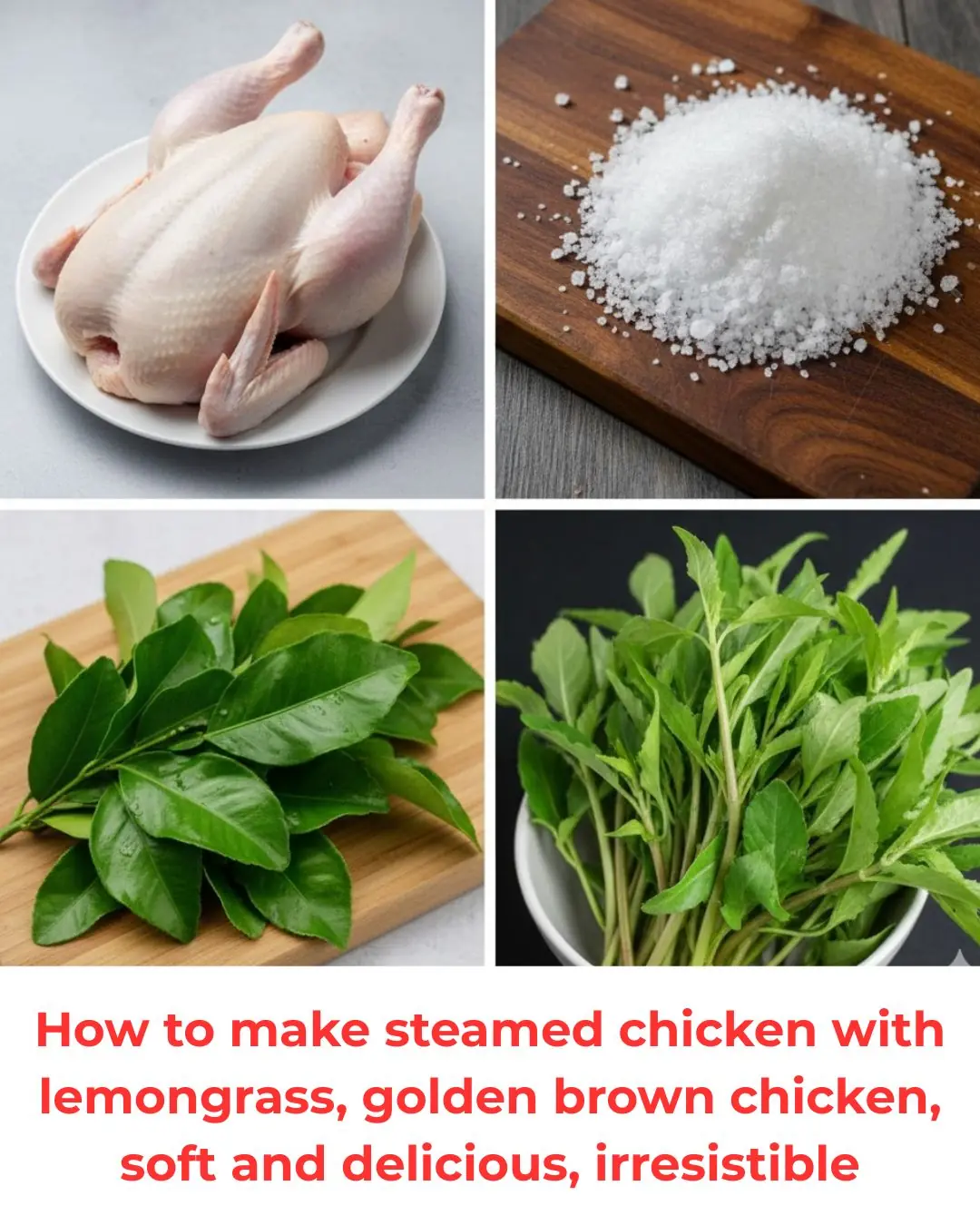
How to make steamed chicken with lemongrass, golden brown chicken, soft and delicious, irresistible

Simple tips to help reduce itching extremely quickly when bitten by mosquitoes and insects
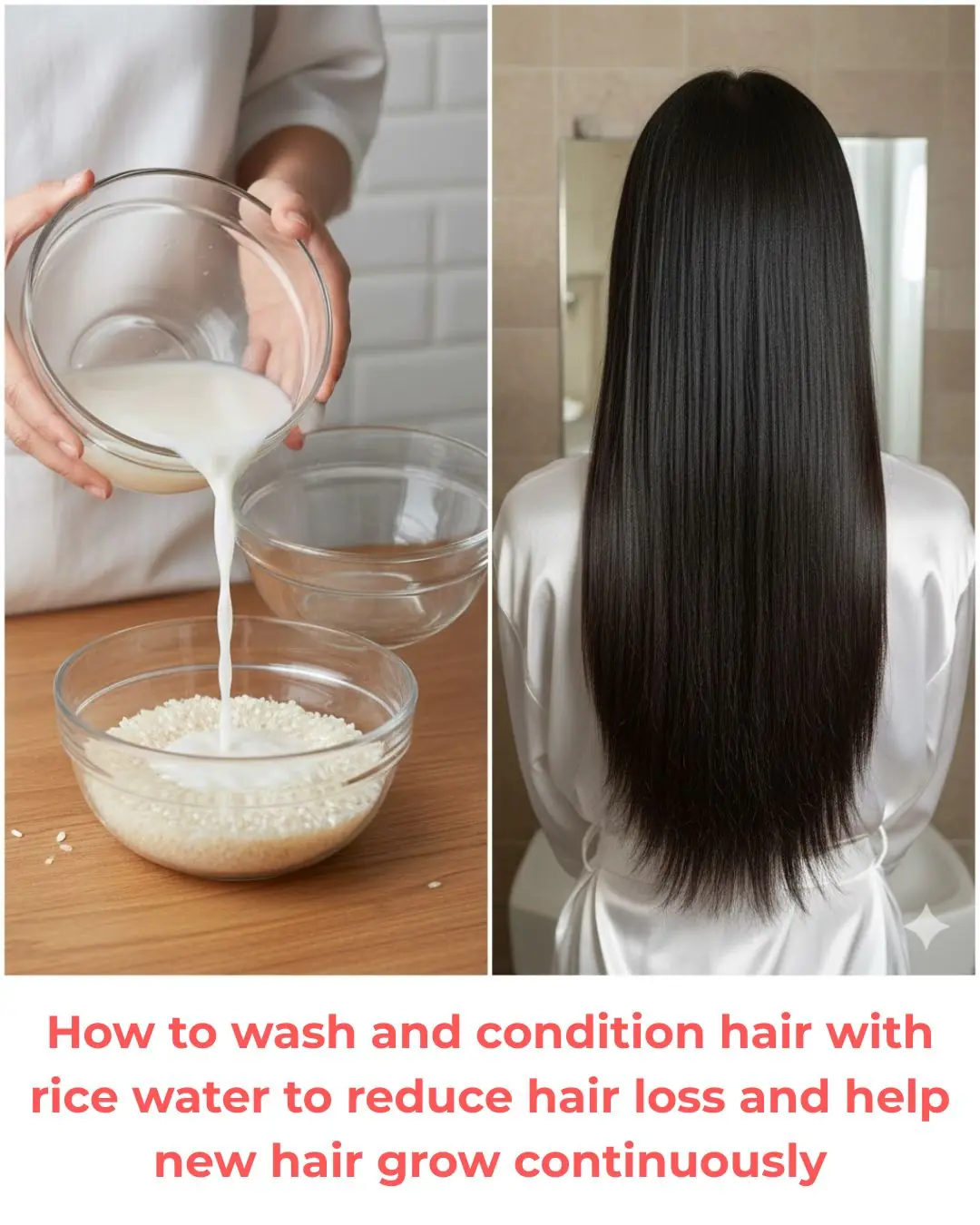
How to wash and condition hair with rice water to reduce hair loss and help new hair grow continuously
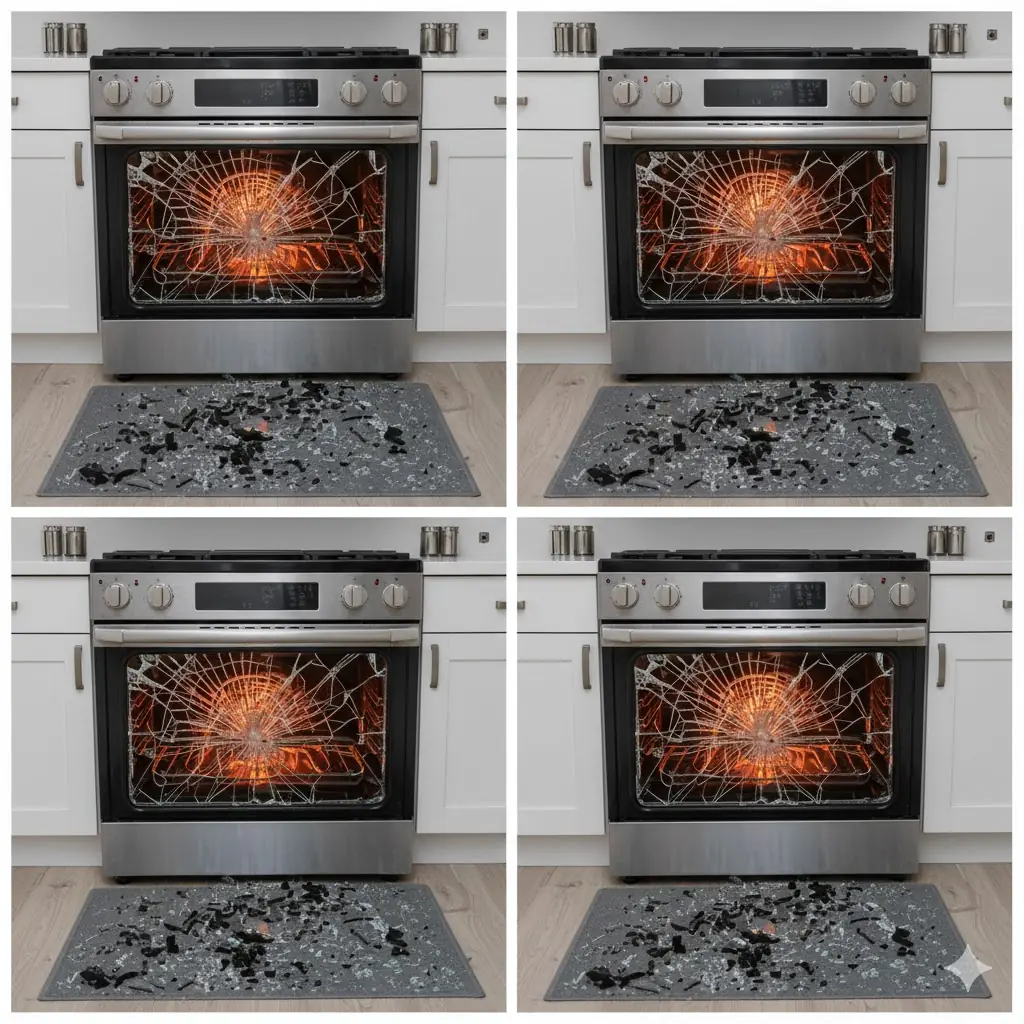
How Microscopic Glass Flaws Can Lead to Oven Door Breakage—and How to Prevent It
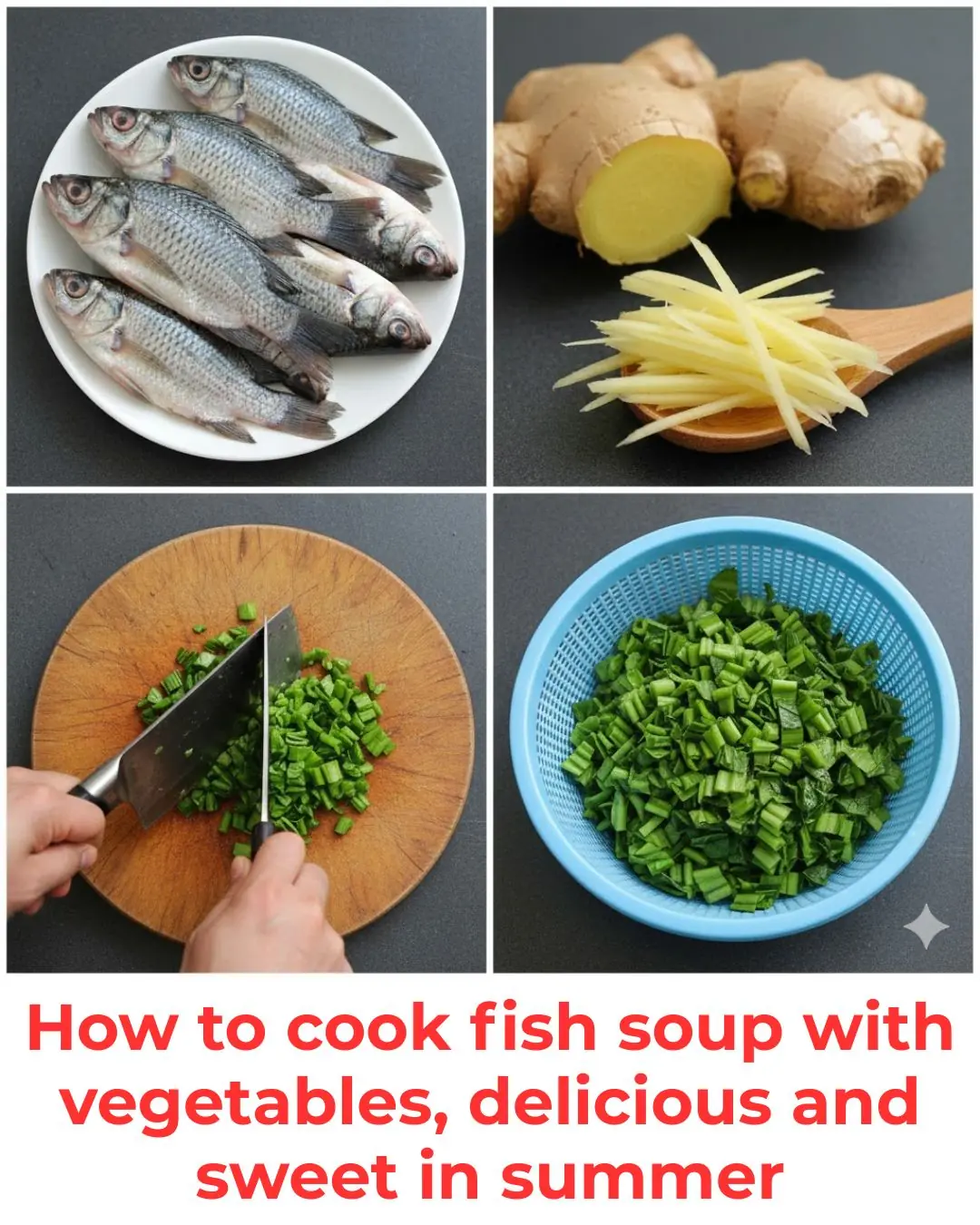
How to cook fish soup with vegetables, delicious and sweet in summer

Turn on the electric fan on a hot summer day: Spray this and the room will be as cool as air conditioning.
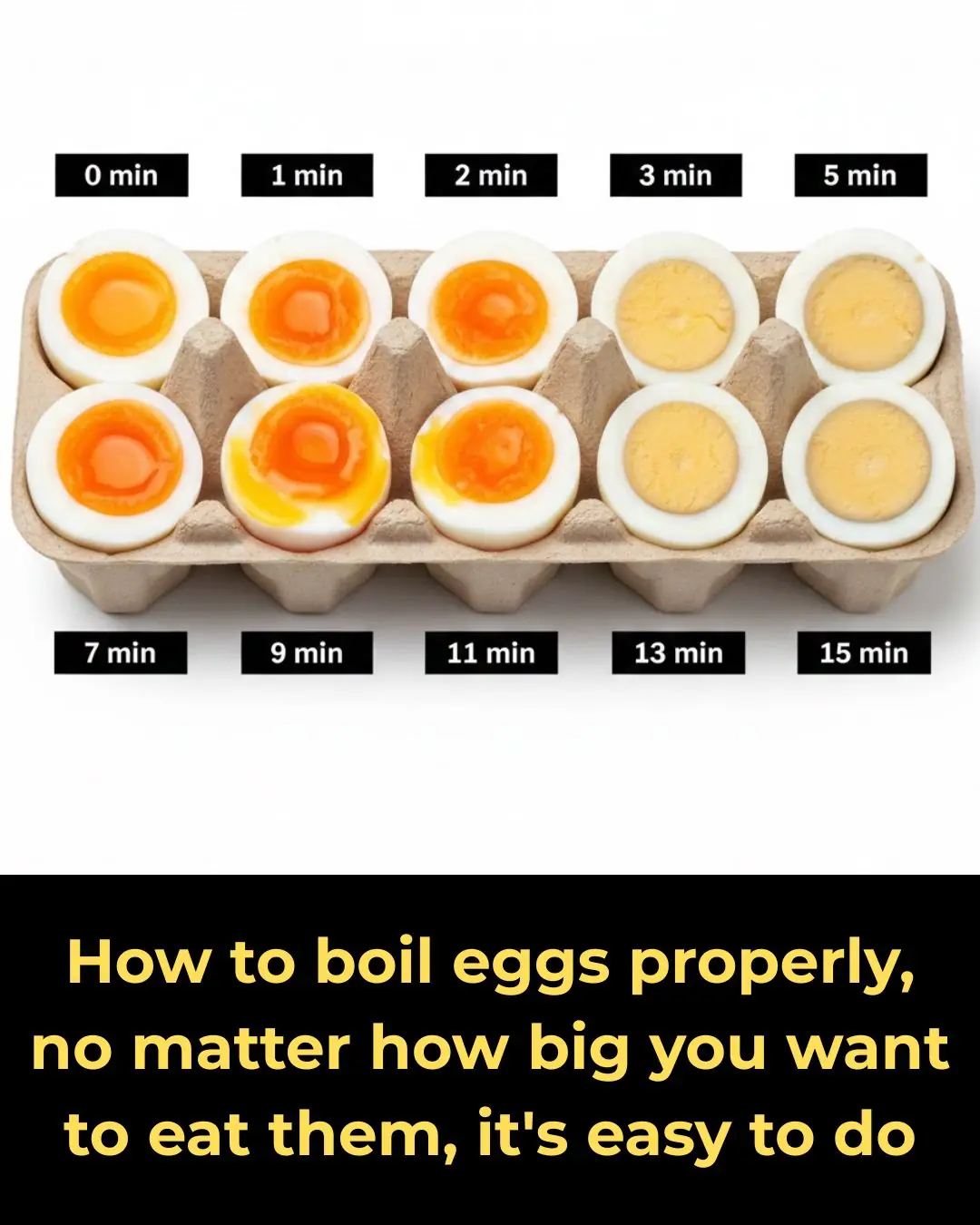
How to boil eggs properly, no matter how big you want to eat them, it's easy to do

Going to the market to buy squash: Should you choose dark or light green skin?

What Happens When You Eat Chili Peppers Regularly
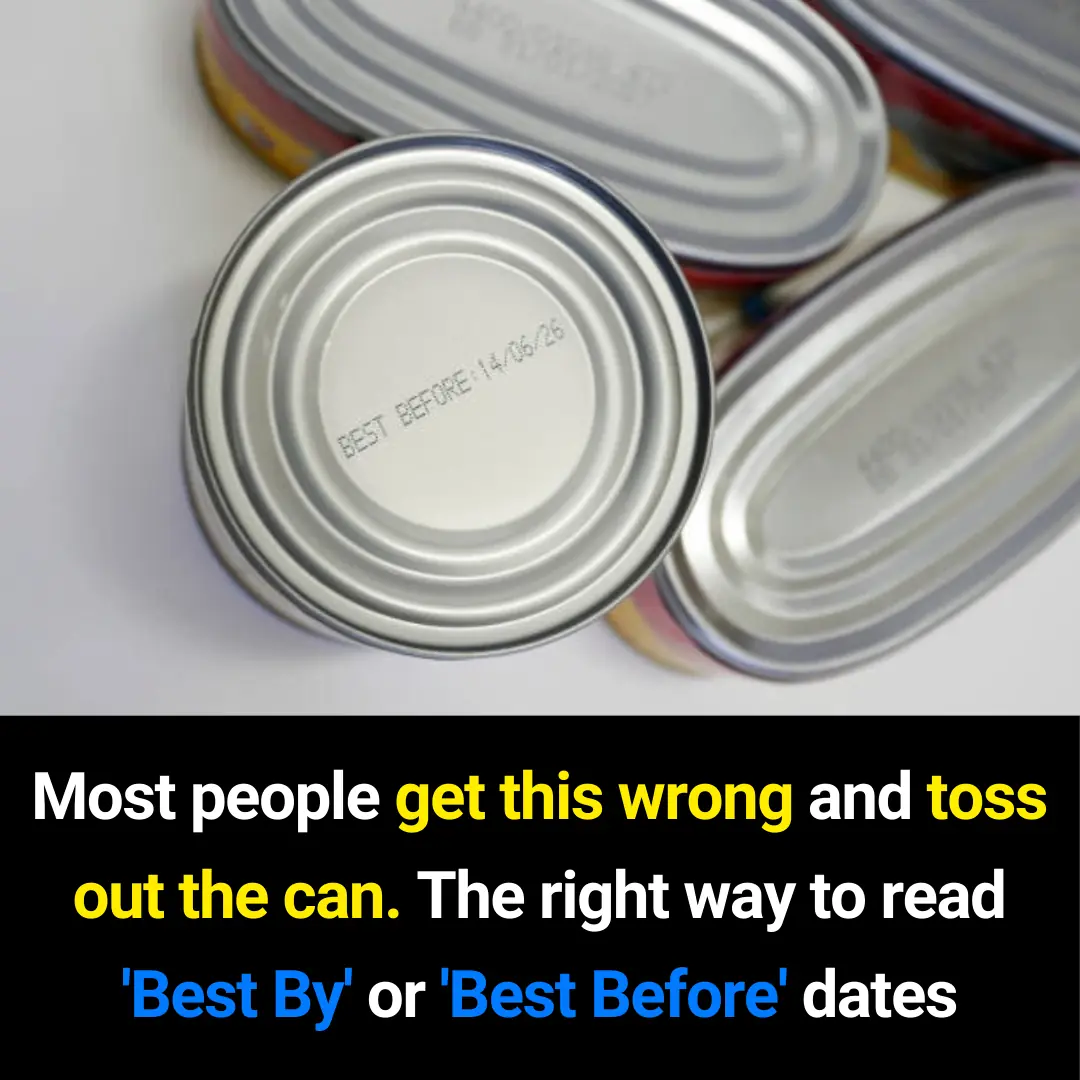
The Right Way to Read ‘Best By’ or ‘Best Before’ Dates — Most People Get This Wrong
News Post

High-Dose Nifedipine Linked to Increased Risk of Sudden Cardiac Arrest, New Study Suggests

How the U.S. Escaped Hurricane Landfalls in 2025

Ancient Shark Fossils Unearthed in Mammoth Cave Rewrite 325 Million Years of Evolutionary History

Powerful Health Benefits of Pineapple You Should Know

How an Italian Police Lamborghini Huracán Helped Save Lives by Delivering Kidneys Across Italy

Can Spinal Screws Push Through the Skin? Understanding a Rare but Serious Post-Surgery Complication

Why the Tongue Is One of the Most Important Organs in the Human Body

What You Do First in This Scenario

The Surprising Health Benefits of Sleeping in a Cold Room

A 4-Minute, Zero-Effort Hack to Clean Grill Gunk – The Simple Trick My Nana Taught Me

High Blood Sugar Warning Signs

🥚 A Look at How Certain Boiled Egg Habits May Affect Your Heart Health

Small Steps, Big Impact: How 4,000 Steps a Day Can Transform Your Health

🌿 Clove Water Sitz Baths for Women: A Gentle Guide to Hygiene and Comfort

What Happens to Your Body When You Eat Canned Tuna Every Day

17 Warning Signs Your Liver Is Crying for Help

How to Support Your Kidneys Naturally Using 1 Teaspoon of Baking Soda

Fish oil cuts CV risk nearly in half for dialysis patients

The hidden heart danger doctors say is more common in people with diabetes
